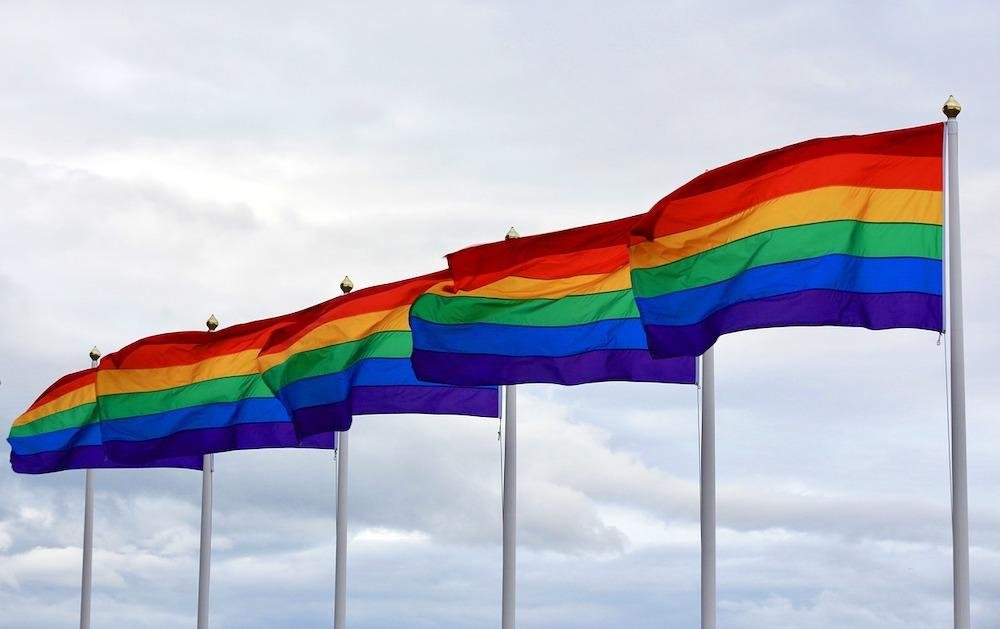Education
Biden’s Title IX LGBTQ+ Protections Overturned: A Major Setback for Student Rights

A federal judge in Kentucky ruled on Thursday that the Biden administration overstepped its authority by expanding Title IX protections to include LGBTQ+ students. This decision arises from a lawsuit initiated in 2024 by Tennessee, Ohio, Indiana, West Virginia, Kentucky, and Virginia against U.S. Secretary of Education Miguel Cardona.
The plaintiffs argued that the federal government acted without legislative approval to enforce a political agenda. The controversy stems from a rule enacted in April 2024, which clarified that Title IX safeguards against discrimination based on “sex stereotypes, sex characteristics, pregnancy or related conditions, sexual orientation, and gender identity.” Notably, this rule allowed Title IX claims to extend to incidents occurring outside of academic settings, including on social media platforms.
This lawsuit is part of a broader wave of legal challenges across the nation, resulting in 26 states halting the enforcement of the rule. President-elect Donald Trump has committed to repealing this rule upon taking office. Chief U.S. District Judge Danny Reeves, appointed by George W. Bush, issued a preliminary injunction in June 2024 and criticized the Department of Education’s broader interpretation of Title IX and previous Supreme Court decisions.
In his ruling, Judge Reeves emphasized that nothing in Title IX’s text supports the interpretation that discrimination based on sex extends beyond its traditional understanding. He pointed to the landmark case Bostock v. Clayton County, which examined employment discrimination. While Bostock found protections for transgender individuals under Title VII, Reeves noted that the decision explicitly did not address issues related to restrooms or locker rooms.
“The department reads Bostock far too broadly,” Reeves stated, asserting that the ruling was inapplicable to Title IX. He criticized the Department’s reliance on Bostock as problematic. Tennessee Attorney General Jonathan Skrmetti celebrated the decision, framing it as a triumph against what he described as his opposition’s “radical agenda.” He asserted that the ruling serves as further evidence of the administration’s attempts to impose gender identity ideology through unlawful regulations.
Reeves underscored that the rule turns Title IX upside down, claiming it undermines the law’s purpose by negating the essential distinction between male and female in athletics. Moreover, he described the rule as unconstitutional, arguing that it violates the First Amendment by compelling educators to use students’ preferred pronouns, which may conflict with their personal beliefs.
In light of these findings, the judge determined that the entire rule must be rescinded rather than only the contested sections, contending that the fundamental definition of discrimination “on the basis of sex” is crucial to the law itself. He noted that every court that has addressed similar questions has ruled against the Department of Education, suggesting the need to restore Title IX to its longstanding understanding.
The Department of Education did not immediately respond to requests for comment following the ruling.


















